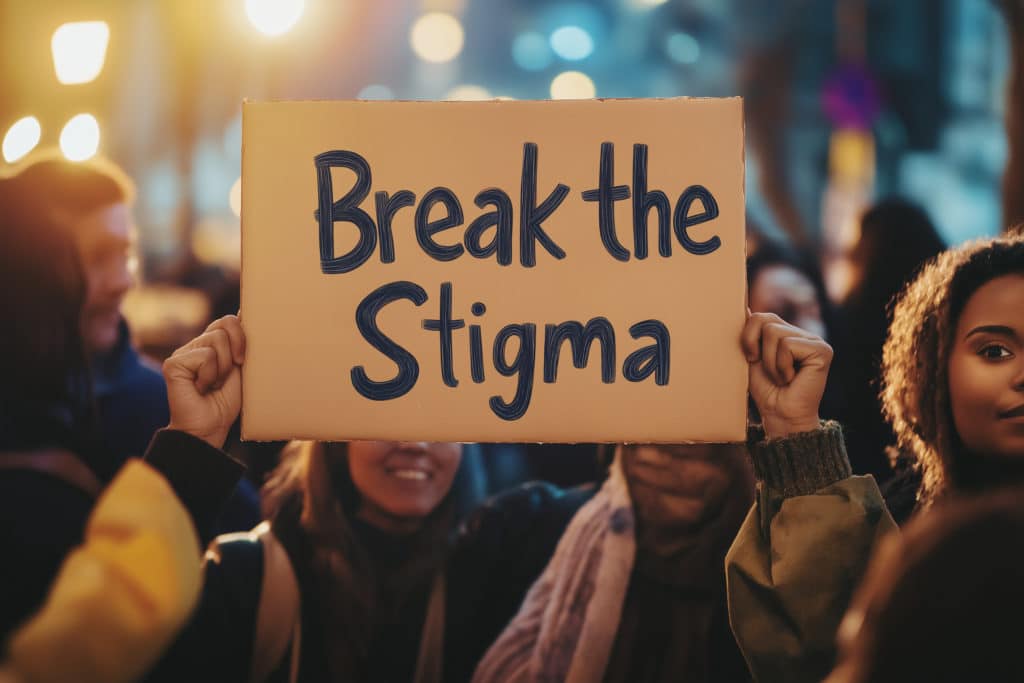
How many of us romanticized adulthood? Turning 18 is often thought to be the ticket out of childhood and parental reign. It’s the game changer that allows for many opportunities and independent decisions. In a lot of ways, this can be true. Eighteen-year-olds can vote, join the military, and manage their own health care, financial, educational, and relationship decisions. Each one of these choices carries weight and responsibility.
The reality is that becoming an adult takes time and it’s hard. Sometimes it’s the new adult who is eager to leave the nest and carve their own way. Other young adults don’t have a choice about leaving the nest and find their life turned upside down when they officially enter adulthood. Even long after entering adulthood, there are endless challenges and opportunities for growth and development. However, when children become adults, there is almost an automatic expectation for them to “start behaving” or “acting like an adult”.
Each choice into adulthood comes with a lot of firsts. Moving out alone can involve applications, deposits, landlords, bank accounts, roommates, rent, making rent, meal planning, bills, furnishing, maintenance and so much more. It’s a huge leap from living under someone else’s roof. Going to college can involve decisions about financial aid, majors, courses, credits, testing, and communication with admissions and advisors. Any one of these things can be overwhelming and anxiety inducing. It can be hard to ask for support when others are expecting you to figure things out and your peers seem to be doing just that. Not having the answers can make you doubt the important decisions that are right for you. Overthinking and negative self-talk can eventually lower your self worth.
There’s so much to learn about becoming an adult. We put so much value in what we should do that we can lose sight of how we take care of ourselves as we meet each challenge along the way. Therapy is a great place to start that care for your mental health. Therapists provide supportive listening and help you understand how you face challenges and setbacks. Therapists don’t know your family or social circle; they are just there to support you. You. They are nonjudgmental and compassionate people who understand how mental health can interfere and even debilitate your transition into adulthood.
Stay Updated With The Most Recent News & Blogs From Soultenders.
Get blog articles and offers via email







